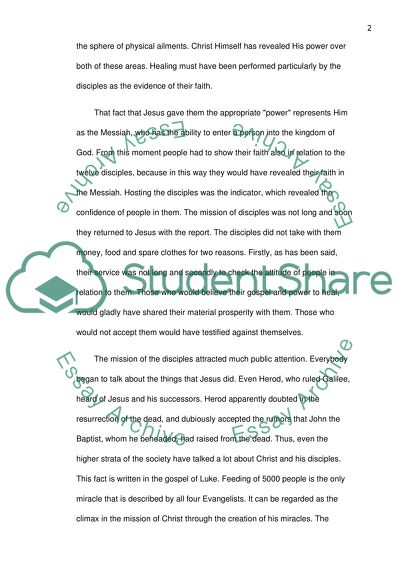Cite this document
(“Literary criticism of exegesis Research Paper Example | Topics and Well Written Essays - 2000 words”, n.d.)
Retrieved from https://studentshare.org/religion-and-theology/1666743-literary-criticism-of-exegesis
Retrieved from https://studentshare.org/religion-and-theology/1666743-literary-criticism-of-exegesis
(Literary Criticism of Exegesis Research Paper Example | Topics and Well Written Essays - 2000 Words)
https://studentshare.org/religion-and-theology/1666743-literary-criticism-of-exegesis.
https://studentshare.org/religion-and-theology/1666743-literary-criticism-of-exegesis.
“Literary Criticism of Exegesis Research Paper Example | Topics and Well Written Essays - 2000 Words”, n.d. https://studentshare.org/religion-and-theology/1666743-literary-criticism-of-exegesis.


